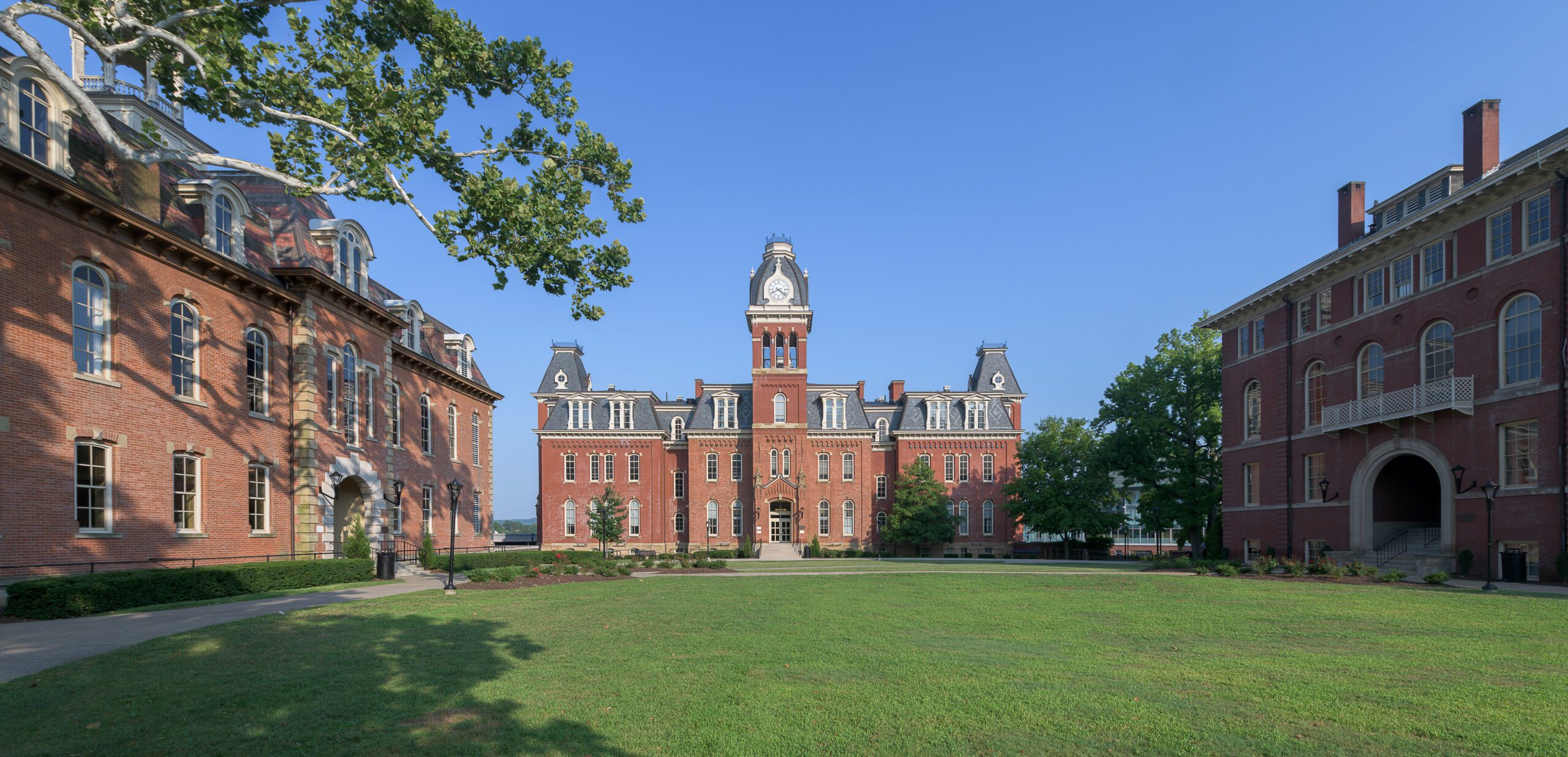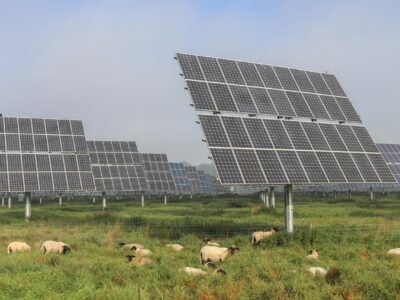Our natural world is always changing. When we talk of changing climate, we often think of the negative aspects of humans’ impact on the environment. At its most basic, changes in global temperature refers to evolving weather patterns.
“Weather changes all over the place, from mountaintop to the valley,” says Jason Hubbart, professor of Hydrology and Water Quality and the Director of the West Virginia University Institute of Water Security and Science.
As a leader in his field, Hubbart studies weather patterns and water quality in addition to contemporary land-use practices in his home state of West Virginia and beyond. One of his recent studies revealed that the West Virginia climate is milder than it once was, with cooler summers, warmer winters and wetter weather. The changing weather has some interesting implications for agriculture in the Mountaineer state.
“We need to rethink agriculture for the state,” Hubbart says. “The growing season is getting longer and of course winters are becoming more mild.”
While Hubbart acknowledges the negative implications of changing temperatures, he’s optimistic about the ways the agricultural industry could adapt to these new parameters. There’s potential to expand the range of crops in the region—winter wheat and soybeans, for example, thrive in moderate temperatures. Crops like this could be the future of agriculture in the state.
Hubbart has other ideas on how West Virginia can continue to adapt. Although the state has a history of dependence on coal, Hubbart says the industry is shrinking. “Coal mining is going away. And if we are serious about doing something about climate change, then we need to be looking at different types and forms of energy.”
The numbers support Hubbart’s claim: jobs in the coal industry fell by 33 percent from 2010 to 2019, and the number is expected to continue to fall.
“However, that doesn’t change the fact that folks who were formerly dependent on the coal industry to make a living and support their families are now needing work.” Hubbart envisions putting people back to work in the agricultural industry—which might have the added bonus of combating food desert issues throughout Appalachia. Increasing employment in eco-friendly jobs has economic benefits. As crop production increases, so will access to fresh food in rural areas.
Over his approximately 20-year teaching career, Hubbart has noticed an increase in environmental awareness and a growing interest in sustainability issues, including natural resource management. “I think students are trending more towards environmental jobs concerned with natural resource protection and sustainability. They understand the value of natural resource commodities, in that people make a living through natural resources and through recreation. Students are more in tune with methods and interested in new discoveries that improve the sustainability of those resources.”
What does this mean for the next generation of environmental leaders? If Hubbart’s students are any indication, “they’re motivated to do more, they’re motivated to protect.”





